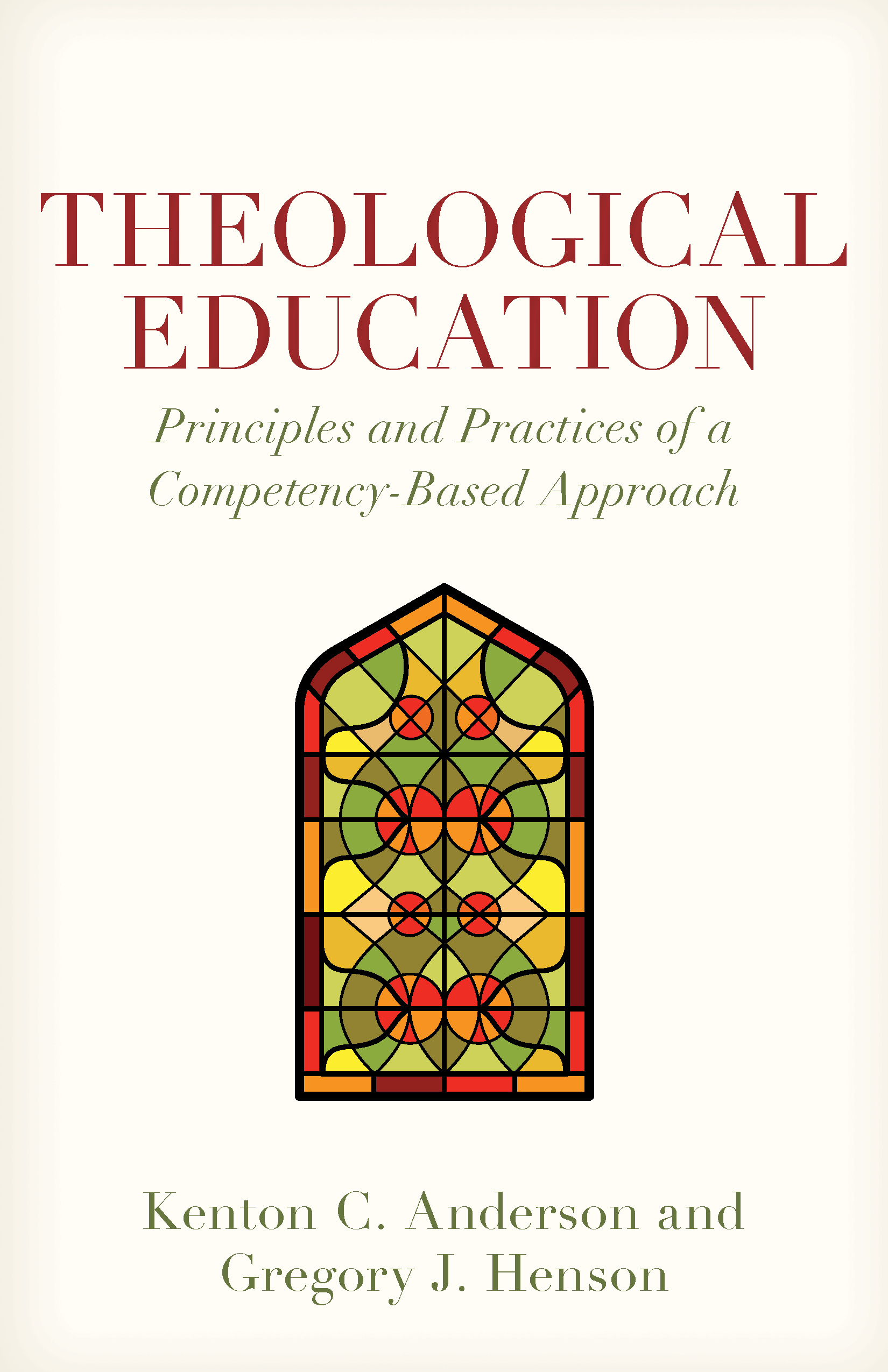This
week I am asking myself questions that will lead to valuable book
proposal material. If you are just tuning in, I'd like to direct you to
my initial post where I described my project and noted the book where all these great "steps to publishing" are found.
Here are some of the questions I am asking and the first draft of my answers:
What
made me interested in writing about this topic in the first place?
There is a
growing realization that churches in Canada are shrinking and it is harder to find
full-time pastors to lead them. Some qualitative research and autobiographical
work has been done but very little research has looked at biblical and
historical origins of multivocational ministry. I had a lot of questions about
how early church leaders were supported and where the concept of full-time paid
profession ministers came from. So, I set out to find answers. I am also a
former multivocational pastor, so the project feels personal.
What
people, places, and things do I describe in the book?
I look at
Jesus, his disciples, the apostle Paul, other groups and associations, as well
as the post-apostolic church. The context is largely the Greco-Roman world. I
describe how they were paid and supported in their efforts to preach and teach.
Why
should my research findings matter?
Most
scholars see Jesus’ disciples as abandoning their trades and jobs to follow the
saviour of the world. The apostle Paul on the other hand, with his commitment
to tentmaking and self-support, is seen as an outlier. My research questions
those traditional assumptions and invites scholars to take a step back and
consider whether there might be other things at play. These findings are
helpful as we wrestle with the decline in congregational support for pastors,
leading to multivocational ministry becoming more mainstream. It is something
of a return to what we see in the early church.
Who
should read this book and how will they benefit from doing so?
While
scholars will find my research intriguing, those educating pastors and
ministers will find my book particularly intriguing. Academics interested in connections
between biblical and practical theology and those educating pastors for
ministry are my primary audience. I would also like to think that my book could
be helpful for those considering or working in multivocational ministry but I
am not sure.
What’s
the main thing I want readers to understand when they finish my book?
Jesus, his
disciples, Paul, and the early church leaders likely all worked at times. Some
were more self-supporting than others but the idea of a full-time paid church
leader was a foreign concept. Multivocationality was alive and well in the
early church.
How did
I conduct the research for this book?
I took a
historical approach to my research, starting with a book about pastors in 19th
century North America and working my way backwards. When I arrived in the New
Testament I decided to start writing. I draw on commentaries, books on Jewish
and Greco-Roman culture, and biblical texts.
What
does this book add to current scholarly conversations and even those happening
beyond the academy?
The are
current conversations happening about multivocational ministry but they are
taking place among practical theologians. Good qualitative research is
beginning (e.g., Tentmakers edited by Watson and Santos, Bivocational
and Beyond edited by Darryl Stephens, etc.) but this field is lacking solid
biblical and theological grounding. My book aims to bring biblical and
theological foundation to those in the academy which will hopefully ripple to
bolster the credibility for multivocational practitioners.
What
makes this book special?
The book
brings together new perspectives on ministry in the New Testament as a way to
help contemporary educators and practitioners think about funding models for
church leadership today.
Why am I
the right person to write this book?
I am a
scholar-practitioner. I’ve researched and written a book about online
theological education where I took a historical-theological approach to
pastoral education and provided recommendations for theological education
today. I am also the dean of a seminary which houses a Lilly funded project which
is designed to provide research and support for multivocational ministry.
What’s
the most interesting story from my research and why is it interesting?
The
discovery that the Tannaim, or rabbinic sages during the time of Jesus and the
apostle Paul, would not accept money for teaching Torah. This finding allowed
me to broaden my questions and look at familiar passages with a new lens.
Anything
else?
If it might
be of interest, I would consider writing a series of books in this area. As I
have already compiled an initial sampling of data, a second book would survey
and discuss pastoral funding in the centuries between Constantine and today. A
final book could address practical issues facing pastors, churches,
denominations, and seminaries as this model of ministry becomes more
mainstream.








